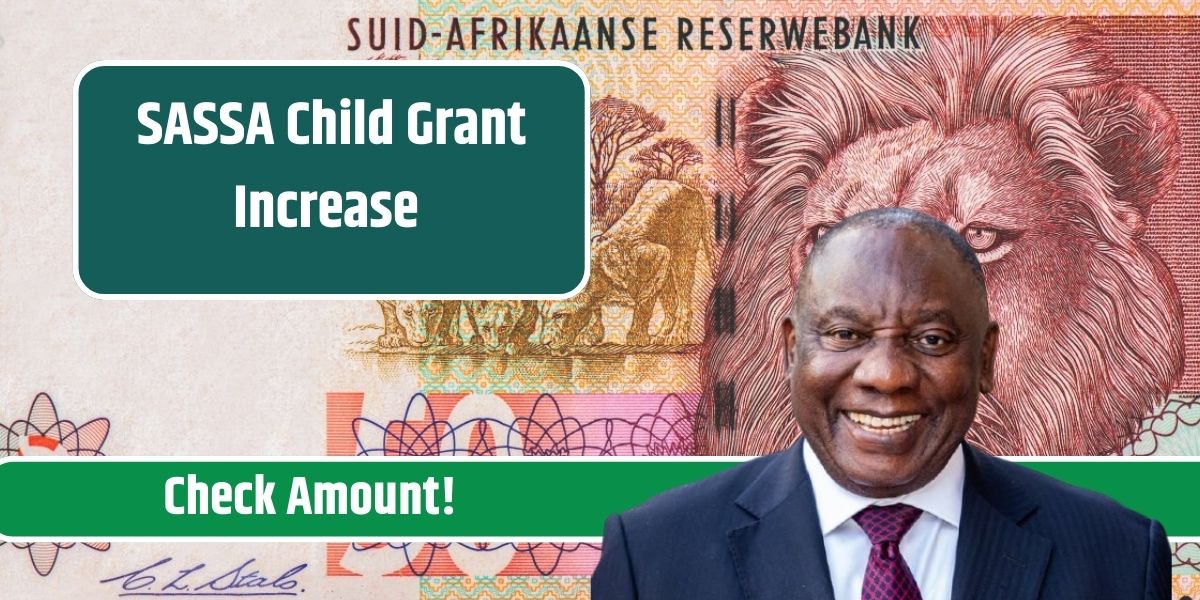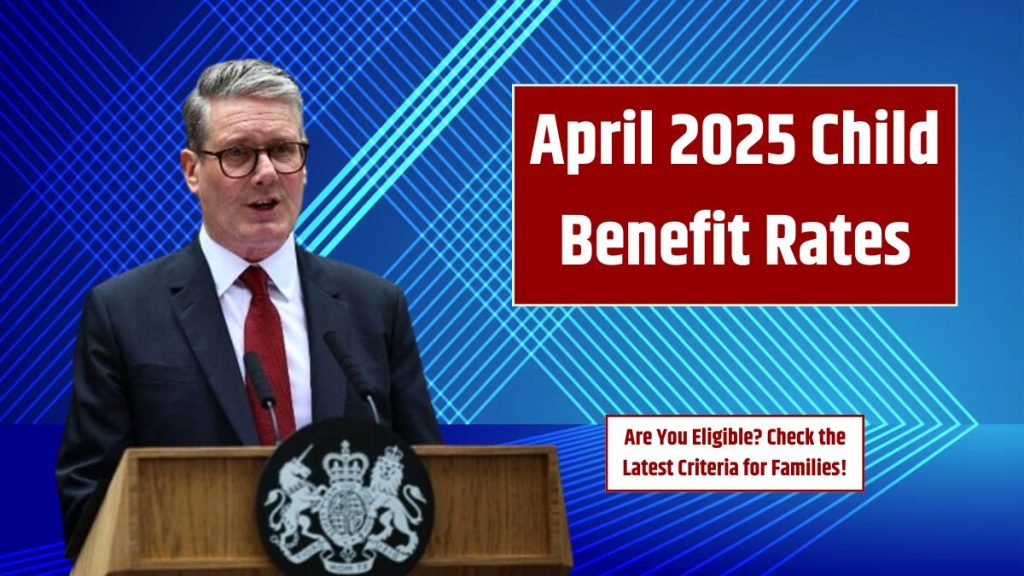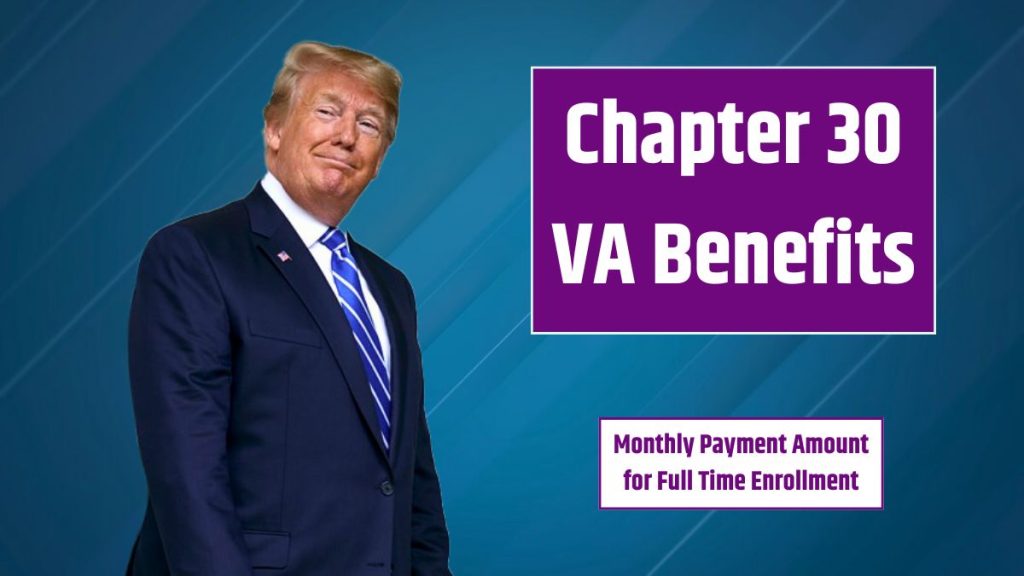South Africa is grappling with significant socio-economic challenges, including high unemployment rates and widespread poverty. Approximately 40% of working-age South Africans are unemployed, and over 55% live in poverty. These issues deeply affect societal stability, public health, and especially the welfare of children.
The South African government’s child support grant provides crucial assistance to families in need, benefiting approximately 13.2 million children. However, at R530 per month per child, the grant falls below the food poverty line of R760, highlighting a significant gap between the grant’s intent and the actual cost of living.
The Current State of the Child Support Grant
The child support grant, while essential, is insufficient to meet the basic needs of beneficiaries. For example, Sarah Hlongwane, a mother of 12, finds it nearly impossible to stretch the grant to cover food, school transport, and housing expenses. With the grant falling 30% short of the food poverty line, many families struggle to provide their children with adequate nutrition, perpetuating a cycle of poverty and health issues.
Proposed Measures to Combat Poverty
Efforts to address South Africa’s poverty crisis focus on both immediate and long-term solutions. Below are key strategies under consideration.
1. Expansion of VAT Exemptions
The Government of National Unity (GNU) has proposed expanding the list of essential food items exempt from value-added tax (VAT). By reducing the tax burden on staple goods, this measure aims to lower the cost of living for low-income families. More affordable essentials would indirectly increase disposable income for struggling households.
2. Capping Administered Prices
Economic analysts like Mervyn Abrahams suggest capping prices for essentials such as electricity and fuel. These costs heavily influence the overall cost of living, and sudden increases can severely impact low-income families. Stabilizing these prices would reduce economic volatility for vulnerable households.
3. Increasing the Child Support Grant
Economic justice groups advocate raising the child support grant to at least R760 per month, aligning it with the food poverty line. This increase would help families afford basic nutrition for children, fostering better health and development outcomes. Such an adjustment is crucial to improving the well-being of millions of children.
4. Addressing Stunting and Health Issues
Chronic malnutrition, evidenced by stunting in 30% of boys and 25% of girls under five, has long-term consequences on cognitive and physical development. Providing adequate nutritional support through increased grants and complementary health initiatives can mitigate these risks. Healthier children are more likely to succeed academically and contribute to the economy as adults.
The Economic and Social Impact of Poverty
Poverty has far-reaching effects on South Africa’s future. Malnutrition and stunting in early childhood limit educational achievements and workforce potential, reducing overall economic productivity. This creates a cycle where poverty perpetuates itself, threatening the nation’s social stability.
Addressing these issues requires a holistic approach that combines immediate financial relief with structural reforms. Increasing the child support grant, expanding VAT exemptions, and stabilizing essential service prices are pivotal steps toward alleviating poverty.
A Path Toward a Brighter Future
South Africa’s socio-economic challenges demand urgent and comprehensive action. Strengthening social safety nets like the child support grant and implementing measures to lower living costs are vital. These steps can create a more stable environment for families, ensure better health and educational outcomes for children, and build a foundation for long-term economic growth.
What is the current amount of the child support grant in South Africa?
The child support grant is currently R530 per month per child.
How does the grant compare to the food poverty line?
The grant is approximately 30% below the food poverty line of R760, making it inadequate for basic nutritional needs.
What are VAT exemptions, and how do they help?
VAT exemptions remove value-added tax from essential goods, reducing their cost and making them more affordable for low-income families.










